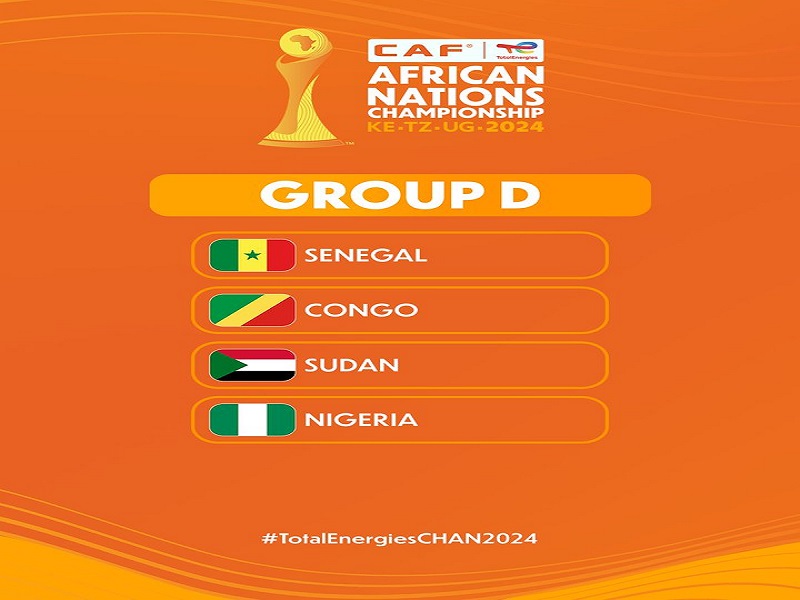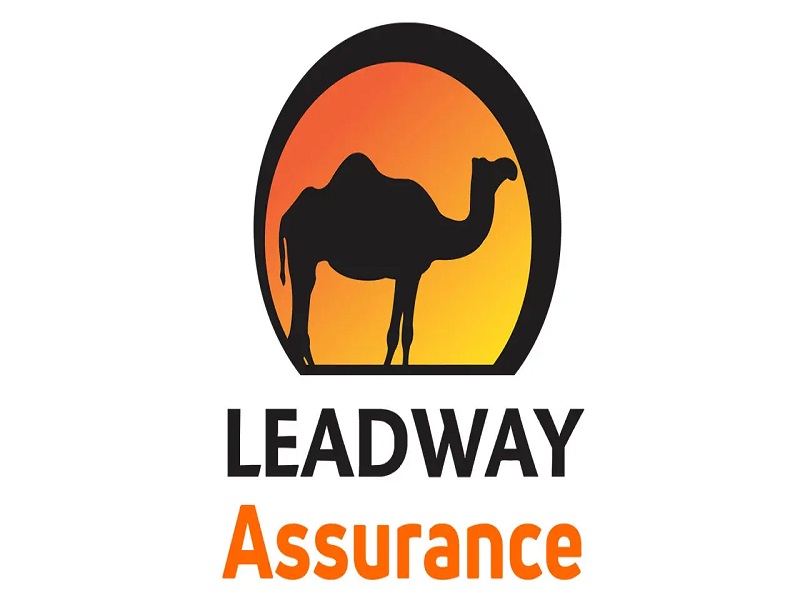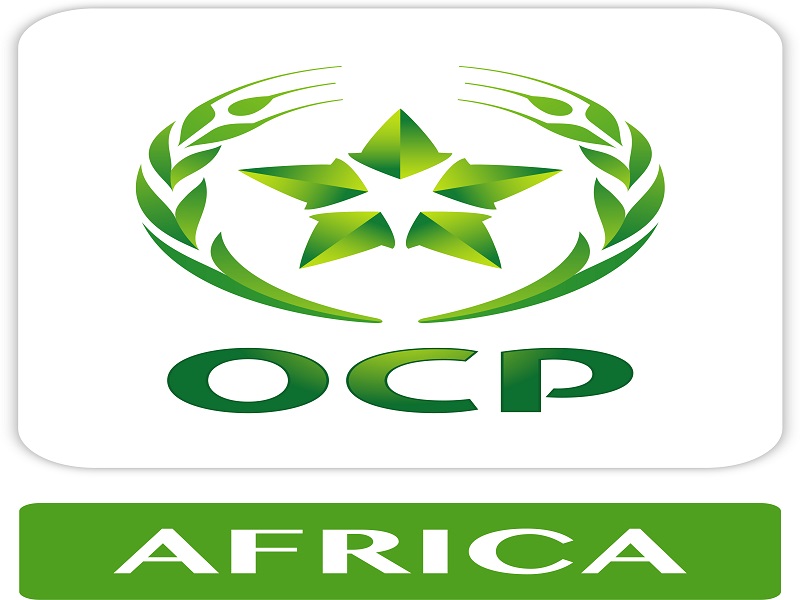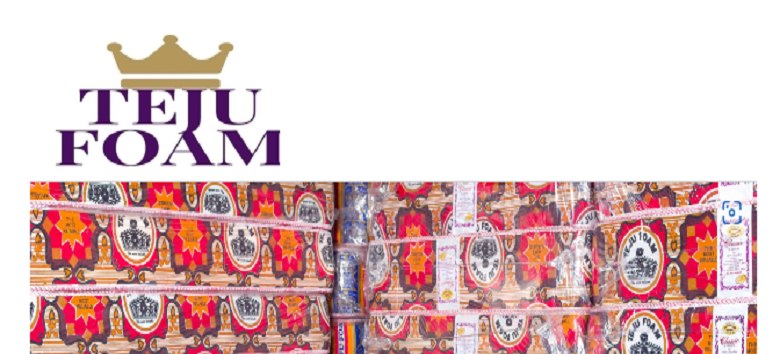Ericsson and Smart Africa Digital Academy have partnered on digital upskilling of 100 policy makers and regulators across 19 African countries on the topics of emerging technologies to promote and boost digital transformation across the continent through education and capacity building.
Signed last September, the collaboration is designed to enhance digital skills of a target group of senior officials from ministries and regulatory authorities, in charge of Information Communications Technology (ICT) by providing access to Ericsson’s global skills program – Ericsson Educate.
In addition to access to self-learning digital skills content, the Ericsson Educate program helped deliver a series of webinars led by 27 Subject Matter Experts from Ericsson.
The specially curated virtual workshops covered topics related to emerging technologies part of the Fourth Industry Revolution (4IR) such as 5G networks, Internet of Things (IoT), Network Security, Artificial Intelligence (AI), and Machine Learning (ML).
Director of Infrastructure, Skills and Empowerment, Smart Africa, Thelma Quaye, said:” The Fourth Industrial Revolution is fueled by innovation and knowledge. Technology offers a great opportunity for Africa to embrace new opportunities to boost digital transformation and contribute to the global economy. We are glad to see our participants benefitting greatly from our collaboration with Ericsson, and we are looking forward to witnessing the positive advancements that will be brought about.”
Vice President and Head of Marketing, Communications and Sustainability & Corporate Responsibility at Ericsson Middle East and Africa, Fida Kibbi, said: “We are happy to see the fruitful outcome of our collaboration with Smart Africa Digital Academy within such a short time period.”
Equipped with a deeper understanding on how existing and emerging technologies work and how these can be best used, the policy makers and regulators can enable the digital transformation of the continent by creating the best conditions for citizens, consumers, and businesses.”






























































